Teflon cable, also known as PTFE (polytetrafluoroethylene) cable, stands out as a reliable and high-performance material in a wide range of harsh environments. Its unique properties not only ensure the integrity of the signal but also minimize the risk of signal loss and interference.
Firstly, Teflon cable's heat resistance is unparalleled. It can withstand temperatures as high as 260°C without undergoing significant degradation or alteration in its physical or electrical properties. This remarkable heat tolerance ensures stable and undistorted signal transmission in high-temperature environments. Whether it's the intense heat of industrial processes or the extreme conditions of aerospace applications, Teflon cable remains resilient, maintaining signal clarity and integrity.
Secondly, Teflon cable's chemical resistance is equally impressive. It is resistant to a wide range of acids, alkalis, solvents, and other chemicals. This robust chemical stability means that Teflon cable can operate effectively in corrosive environments without fear of degradation or damage. Whether it's exposure to saltwater in marine applications or exposure to chemicals in industrial settings, Teflon cable maintains its structural integrity and electrical performance, ensuring reliable signal transmission.
Furthermore, Teflon cable's low friction coefficient and excellent dielectric properties contribute to its superior performance. The smooth surface of Teflon cable reduces wear and friction during installation and use, minimizing signal losses. Additionally, its high dielectric strength ensures excellent electrical insulation, preventing electrical interference and ensuring the safe transmission of signals.
Moreover, Teflon cable's flexibility and durability make it suitable for use in complex routing environments. It can be easily bent and routed to fit into tight spaces or around obstacles, ensuring efficient signal transmission in challenging settings. Its durability ensures that it can withstand repeated bending and flexing without damage, maintaining its performance over time.
The reliability and performance of Teflon cable are further supported by extensive testing and validation by industry experts. Numerous studies and reports have confirmed its exceptional heat and chemical resistance, as well as its ability to maintain signal quality in harsh environments. Manufacturers often provide detailed specifications and performance data to back up their claims, increasing the credibility of Teflon cable as a reliable solution for signal transmission in demanding conditions.
In conclusion, Teflon cable offers a robust and dependable solution for mitigating the risk of signal loss and interference in harsh environments. Its heat resistance, chemical stability, low friction coefficient, dielectric properties, flexibility, and durability combine to ensure reliable signal transmission even in the most challenging conditions. Its performance is backed by extensive testing and validation, making it a trusted choice for a wide range of applications.

 ENGLISH
ENGLISH 简体中文
简体中文 GERMAN
GERMAN SPAIN
SPAIN
 +86 181-5747-1135
+86 181-5747-1135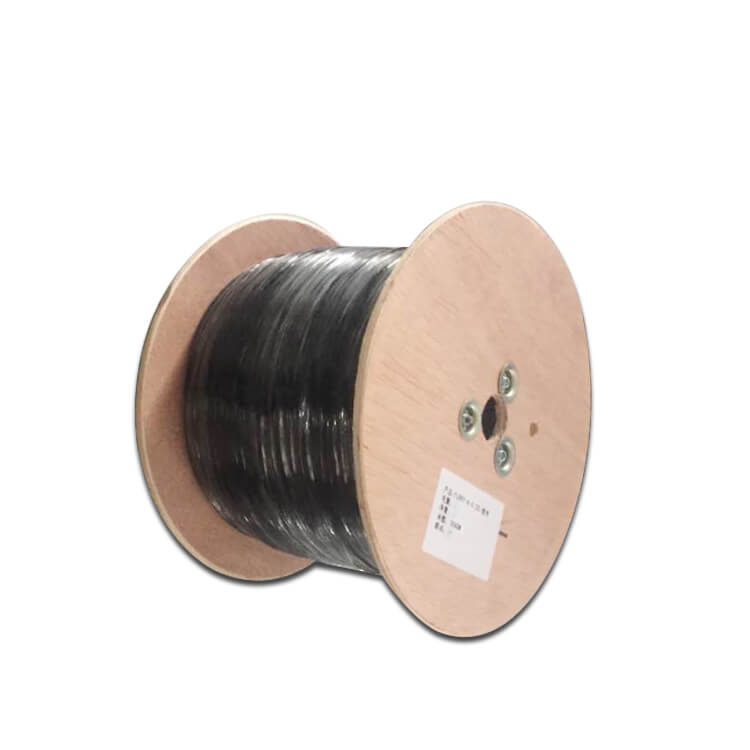
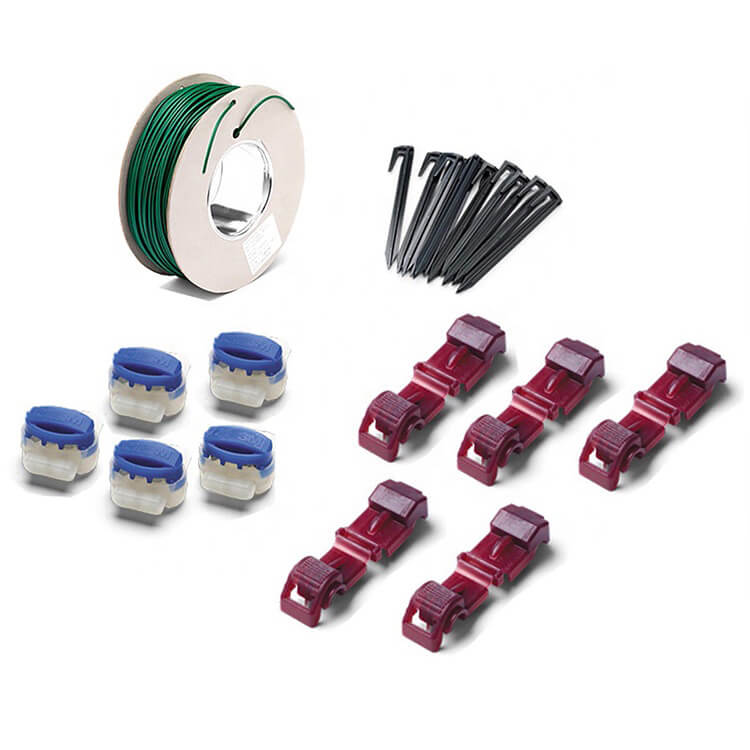
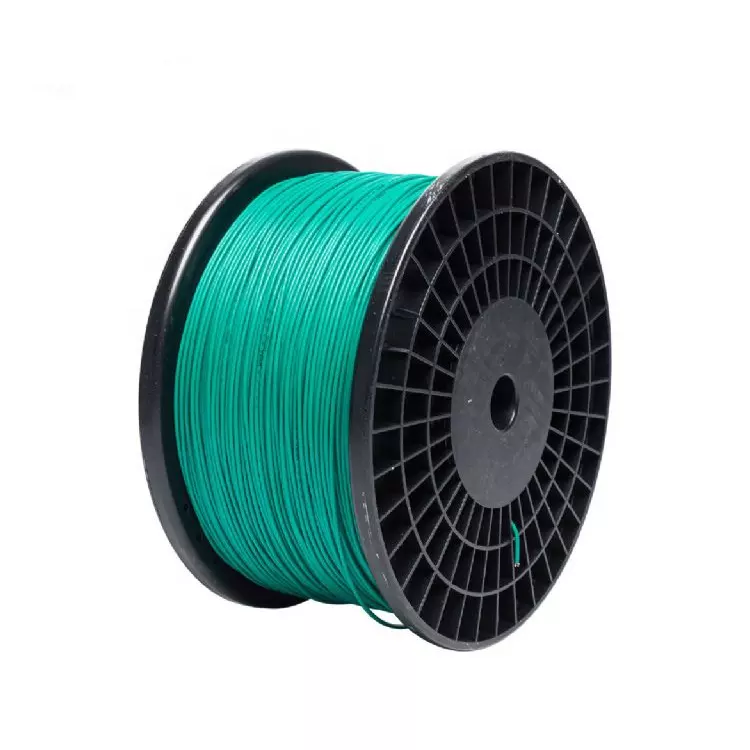



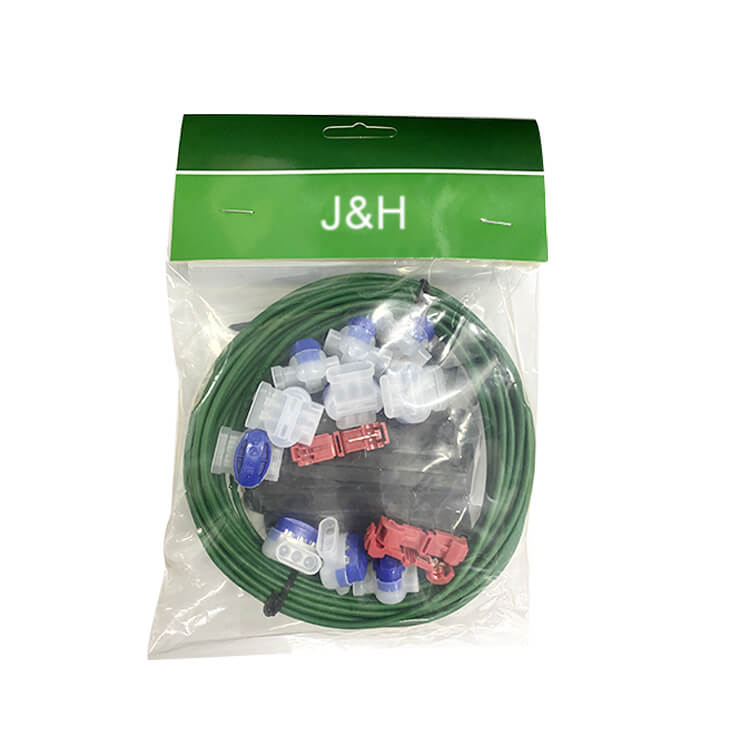
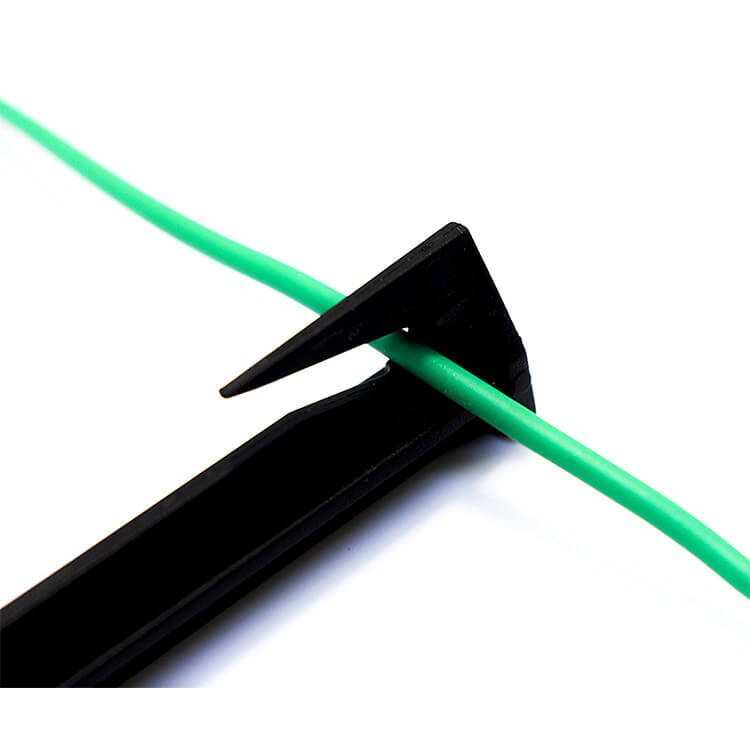
 Abroad:+86 181 5747 1135
Abroad:+86 181 5747 1135 FAX: +86 574 8900 7636
FAX: +86 574 8900 7636 E-mail:
E-mail: 

 read the map
read the map

